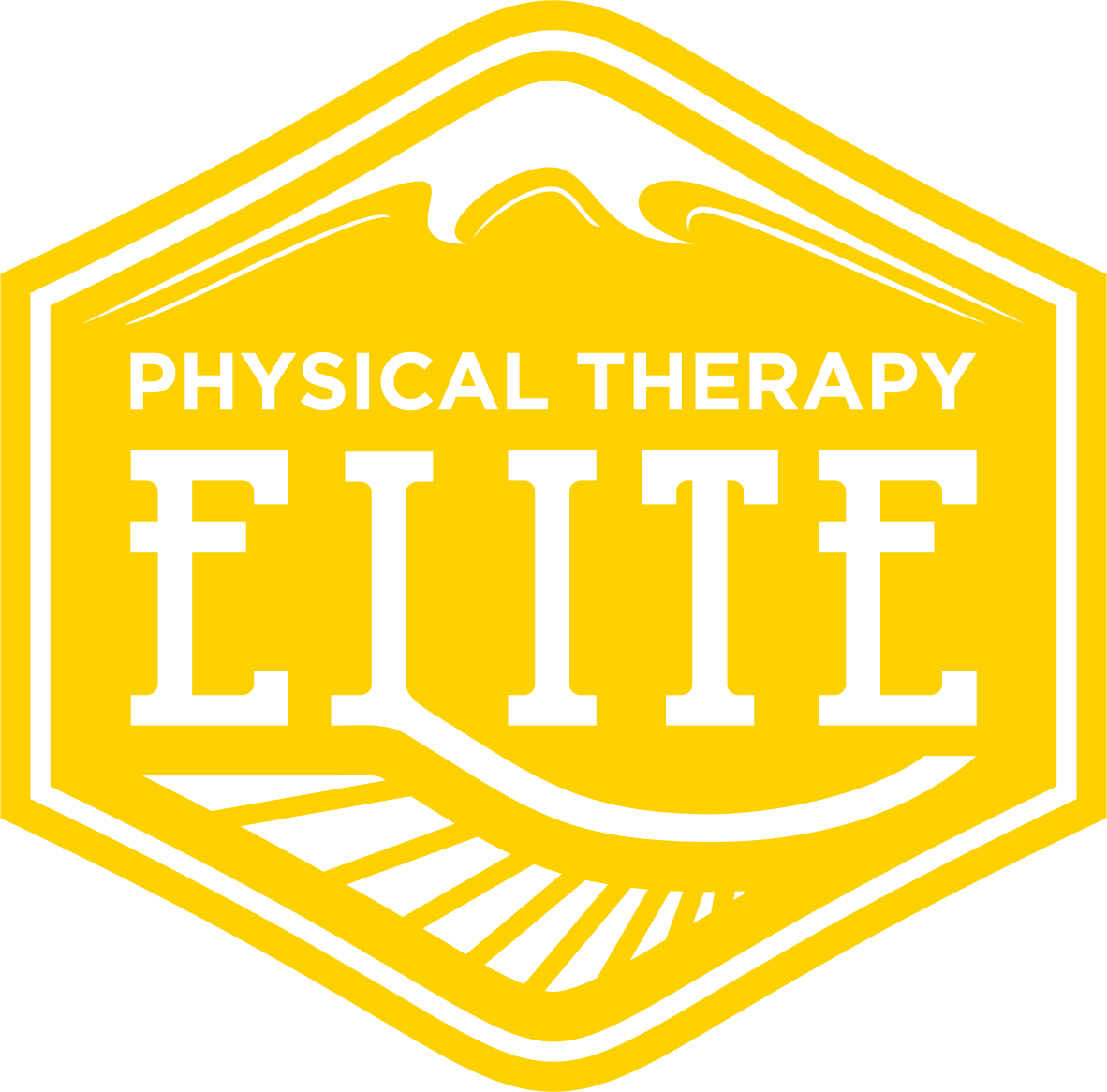1. Big dreams require big commitments.
I don’t recall ever having a conversation with a coach or parent about what I wanted to achieve with my soccer career. I just went with the flow, thinking about the upcoming tournament and how I would get all my homework done. In retrospect, I wish I would have sat down and thought harder about where I wanted to take soccer (ie college, professional), and the commitment it would require for me to achieve that goal. I think this would have forced me to scrutinize my current level of training and approach. Would 2-3 practices a week and games on the weekend really get me to the next level??
2. The importance of nutrition in life and sport.
As a 14-year-old kid, I ate what my mom made for me. And she did a wonderful job keeping me fed and happy. But sports nutrition information in the 90s wasn’t nearly as popular or accessible as it is today. One of the biggest revelations in my own training has been to understand the difference between food as food, and food as fuel. Realizing that the type and timing of food can play an important role in performance and recovery. Having this type of mindset (seeing food as integral to performance), may also help foster a more positive relationship with food, decreasing the likelihood of developing disordered eating or body image issues. Finally, making a conscious effort to eat REAL food! The more processed a food source becomes, the less nutrients it has. A balanced diet of REAL and unprocessed foods will provide everything required and remove any need for supplements.
3. The performance benefits of consistent adequate sleep and recovery.
I recall reading something a few years ago that really struck me with regards to balancing training and appropriate recovery: You do not make improvements in strength, speed, or fitness DURING the workout, but rather in recovery. The workout is just the STIMULUS, muscle repair and physiological adaptation (strength, speed, fitness) occurs during sleep. This has become something central to my own training and performance as an adult, trying to maintain 8+ hours of sleep per night to allow for proper recovery and physiological adaptation. The rings even truer for teens, whose bodies are already going through a lot of change physically, sexually, psychologically, and emotionally. Studies show that the teenagers average about 7 hours of sleep per night, when physiologically they require 9-9:30 hours of sleep to make up for all the other changes going on inside them.
4. The universal effect of strength training.
15-20 years ago the medical world was unsure of the safety of resistance training for youth populations. Today, the benefits of strength training in youth and adolescent populations is pretty clear and well documented in research. Teaching young athletes correct form, developing neuromuscular control and coordination, and progressively building functional strength is critical in cultivating high levels of performance. In my days, weightlifting was just for the football team, and not necessary for soccer players who didn’t want to “get bulky” or “lose our speed”. But what about getting faster? Or being more powerful and explosive? These are attributes that I could identify with and could have developed with the right prescription of strength training. Also, developing young athletes to have greater coordination and control of their bodies, as well as building resiliency through strength training greatly decreases risk of injury. I think back to all my teammates or friends who suffered ACL injuries and wonder how many of them could have been prevented with greater development of strength and control.
5. How sport is a microcosm for life.
I credit a lot of who I am today to the 20 years of competitive sport I played. I was lucky to be surrounded by wonderful coaches and mentors, supported by amazingly selfless parents, and provided incredible opportunities. However, it wasn’t all sunshine and rainbows. Life lessons, habits, and skills are forged in such environments. Teamwork, leadership, time integrity, GRIT, responsibility, hard work, accountability, commitment, and passion are all things I learned and developed (some more slowly than others) through sport. All of these lessons and skills are directly transferable to the rest of life, and that is what I wish I would have known. Had I understood that at an earlier age I would have made more of an effort to develop them more fully: to take my leadership role more seriously or accept greater responsibility within the team. Setting an example of hard-work or commitment towards my fellow teammates, or offering/seeking a mentorship to develop myself further or helping a younger athlete improve.
It has taken a long time to for me to learn some of these things, and upon reflection, I wonder about the athlete I could have been. But now, 10 years after my soccer career, I am without a doubt a smarter, stronger, and healthier athlete now than I was then. As I continue to grow in experience, I look for other principles to implement into my training and lifestyle.
What could you do differently today, so that in another 10 years you’re even better?

